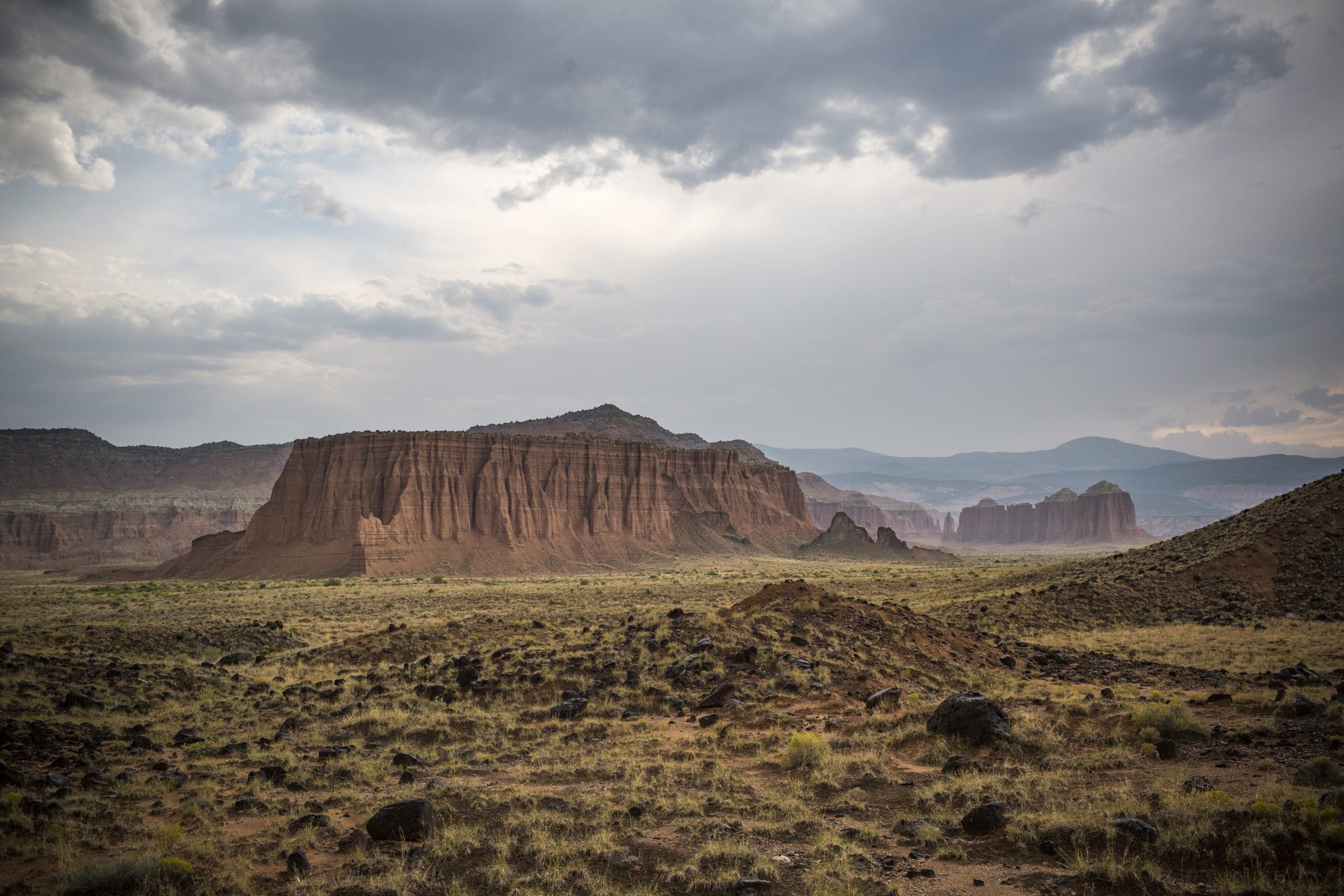It’s not the first place that comes to mind, but retiring in Utah has some very distinct advantages. In this article, we’ll discuss the financial aspects of living in Utah, many of which make it a favorable place for many to spend their golden years.
Utah demographics are favorable for the elderly
An article by Senior Living yields some interesting facts about Utah retirees.
- Although it is one of the youngest states in the country, Utah’s median age is 79.6, a year more than the country’s average
- The median income for an individual age 65 or older is $51,687, roughly 18% higher than the US average
- 85% of people age 65 or older own their own housing unit
There are several aspects that make Utah a favorable place for an elderly person to live. According to SoFi, the median rent for a one bedroom is $922 and $1,055 for a two bedroom, with utility costs averaging $268 a month. Overall, the cost of living, according to this same article, was estimated at a tad over $37,000 a year.
Putting it all together, it looks like Utah might be a pretty reasonable place for a retiree to live, given that you may be on a fixed income and want to avoid paying exorbitant expenses for the necessities.
Utah tax and retirement
What would someone expect to pay in taxes, if retired in Utah, and is this reasonable for someone on a fixed or possibly limited income?
There are a few points to keep in mind about Utah taxes and retirement.
- Social Security benefits are taxed in Utah at 4.85%, but you may be eligible for a partial or full credit depending on how much income you earn.
- Pension benefits are also taxed.
- There is no estate or inheritance tax, which is a potential bonus for those looking to gift assets to a beneficiary
- You only pay tax on 55% of your primary residence’s value and up to one acre of land. To qualify, however, you must live in the home for a certain number of days during the year.
- The income tax rate in Utah is 4.85% – low in comparison to many others. This is important for a Utah retiree because starting at age 72 you are required to take Required Minimum Distributions from your qualified accounts, and they are taxed as ordinary income.
- It is even useful to note that there is a 0% state income tax rate in neighboring states – Nevada and Wyoming – which certainly appeals to those who may be looking for a second option if retiring in Utah doesn’t turn out to be ideal.
Overall, we would say that Utah isn’t the most tax-friendly state in the country, but there are some perks that make it manageable if you wanted to retire there.
Taxes can get pretty complicated, and planning out taxes in retirement is an important thing to do for anyone in any state. We recommend that you don’t take our words as advice specific to your situation. Talk to your CPA or tax advisor if you wish for tax recommendations that make sense for you.
Best places to retire in Utah
Technicalities aside, Utah can be a great place to retire if you like beautiful mountains and nature. Here are some of the top places to retire in Utah according to NewHomeSource.
- Vernal, Utah is great for hiking. Home prices are reasonable and violent crime is low.
- Clearfield is a bedroom community of Salt Lake City, offering the amenities that come with proximity to an urban location with the benefits of scenic views and nature.
- Magna, Utah is a seafaring town situated on the shores of the Great Salt Lake, with low crime and ample healthcare facilities.
These are just the highlights – people have retired successfully all over the state. Choose wisely depending upon your personal preferences.
Are you thinking about retiring in Utah?
Thanks for reading our blog on retiring in Utah. Did we inspire you to spend your final years here?
At Rock House Financial, a fee-only financial advisor in Davis County, Utah, financial planning is the focus, and we work with many folks who are thinking of retiring here in Utah or its surrounding states. If you would like to speak with us, please reach out.
Sources
AARP. (2022, December 28th). Which states tax Social Security benefits? https://www.aarp.org/retirement/social-security/questions-answers/which-states-do-not-tax-social-security-benefits.html
New Home Source. The 10 Best Places To Retire in Utah in 2021. https://www.newhomesource.com/learn/best-places-to-retire-in-utah/
SeniorLiving.org, Utah Senior Living Statistics & Facts, https://www.seniorliving.org/utah/
SoFi. (2021, December). Cost of Living in Utah. https://www.sofi.com/cost-living-utah/
Tax Foundation. Taxes In Utah. Utah Tax Rates, Collections, and Burdens. https://taxfoundation.org/state/utah/ Utah Property Tax Division. General Information. Primary Residential Exemption. https://propertytax.utah.gov/tax-relief/primary-residential-exemption/
Disclaimers
Rock House Financial (RH Advisors) throughout this website has provided links to various other websites. While the firm believes this information to be reasonably reliable, current and valuable to its clients, The firm provides these links on a strictly informational basis only and cannot be held liable for the accuracy, time sensitive nature, or viability of any information shown on these sites.
The opinions expressed herein are those of the firm and are subject to change without notice. The opinions referenced are as of the date of publication and are subject to change due to changes in the market or economic conditions and may not necessarily come to pass. Any opinions, projections, or forward-looking statements expressed herein are solely those of author, may differ from the views or opinions expressed by other areas of the firm, and are only for general informational purposes as of the date indicated.











